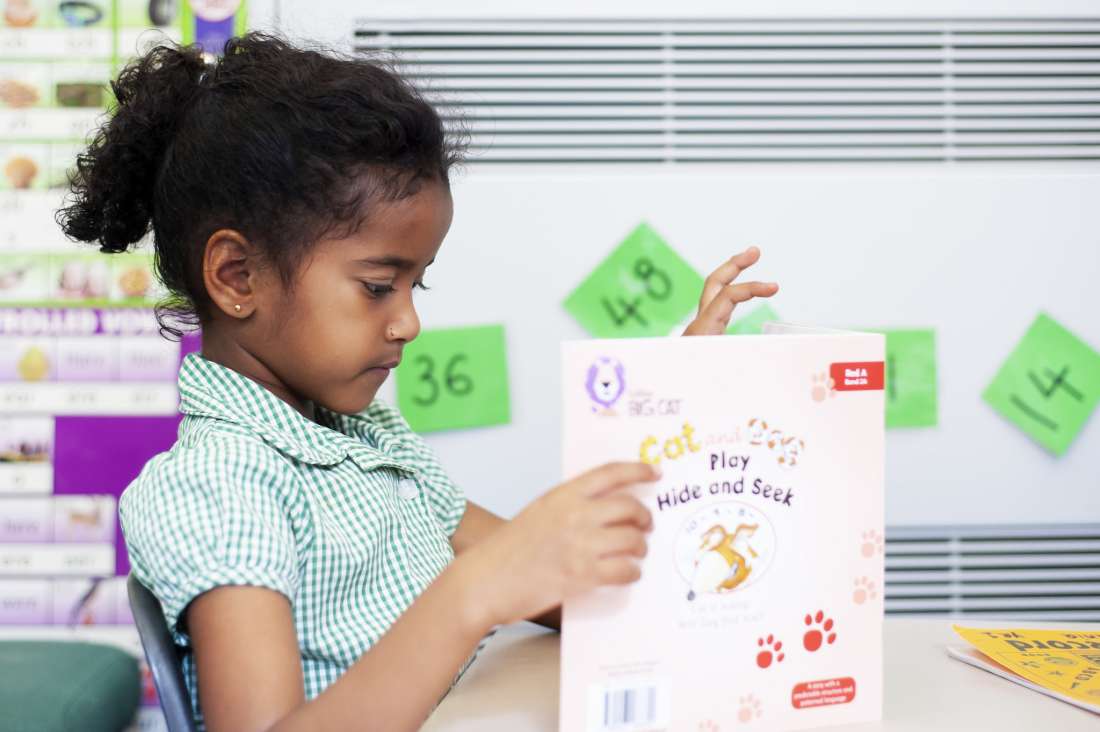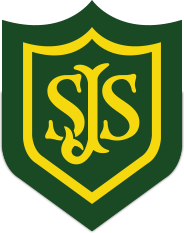Writing

Writing
Writing
At St John’s Highbury Vale we aim to develop pupils who are articulate, reflective and capable writers.
Intent
At our school, we use the CLPE (Centre for Literacy in Primary Education) teaching approaches and high-quality core texts to inspire a love of writing and to develop confident, creative, and capable writers. Our intent is to immerse children in rich, diverse literature that stimulates imagination, deepens understanding, and provides meaningful contexts for writing.
Through carefully chosen texts, pupils are exposed to a wide range of voices, genres, cultures, and styles. This fosters empathy, broadens vocabulary, and strengthens comprehension—all of which underpin effective writing. The CLPE approach supports a strong connection between reading and writing, enabling pupils to explore language, structure, and authorial intent before crafting their own pieces.
We aim to:
- Nurture a love of storytelling and written expression
- Build strong foundations in grammar, vocabulary, and writing structure through meaningful use
- Encourage pupils to write with purpose, audience, and authenticity in mind
- Develop resilience and independence through drafting, editing, and refining work
- Provide inclusive, engaging opportunities for all children to find their voice and take pride in their writing
Implementation
Each unit is centred around a high-quality class text that leads to three specific writing outcomes. Throughout their time in primary school, pupils are given opportunities to write across a broad range of genres, both fiction and non-fiction. These genres are revisited at key points to reinforce learning and deepen understanding, with skills progressively built upon year by year.
Writing is taught in meaningful contexts that engage and motivate children to write with purpose. Teaching sequences are designed to immerse children in the text through reading aloud, drama, discussion, and creative response. This deep engagement enables pupils to develop a strong understanding of narrative, character, setting, and language choices before applying these insights to their own writing.
Each unit follows a clear structure: beginning with immersion activities to explore themes and characters, followed by an analysis of text features. Grammar, punctuation and vocabulary is then taught in context to support the specific genre. Teachers model writing, support planning and drafting, and encourage peer and self-evaluation. Pupils are given time to publish their work, developing independence and pride in their written outcomes.
 Impact
Impact
The impact of our writing curriculum is evident in the confidence, creativity, and progress of our pupils as writers. Children develop a deep appreciation for language and storytelling. They write with increasing independence, purpose, and sophistication across a wide range of genres.
Through immersion in rich literature, pupils demonstrate:
- A secure understanding of narrative structure, authorial intent, and character development
- A growing command of grammar, punctuation, and vocabulary, applied naturally within their writing
- The ability to write for different purposes and audiences with clarity, imagination, and control
- Confidence in the full writing process—from planning and drafting to editing and publishing
- A positive attitude towards writing, with high levels of engagement, ownership, and pride in their work
Writing outcomes across the school show clear progression in both technical accuracy and creative expression. Regular assessment, including teacher feedback, pupil self-evaluation, and moderation, ensures that children are supported and challenged appropriately at every stage.
KS1 Texts and Writing Outcomes

